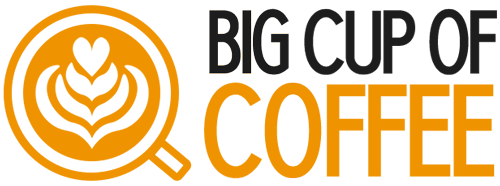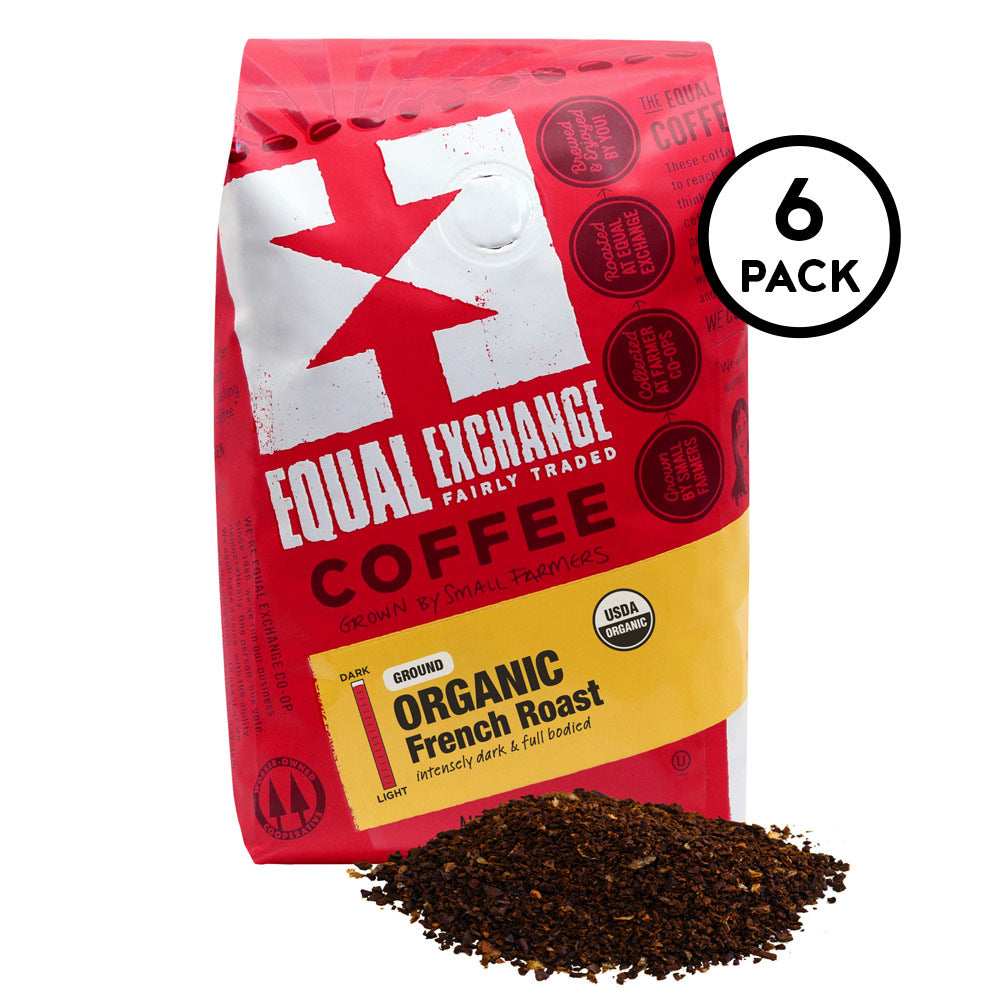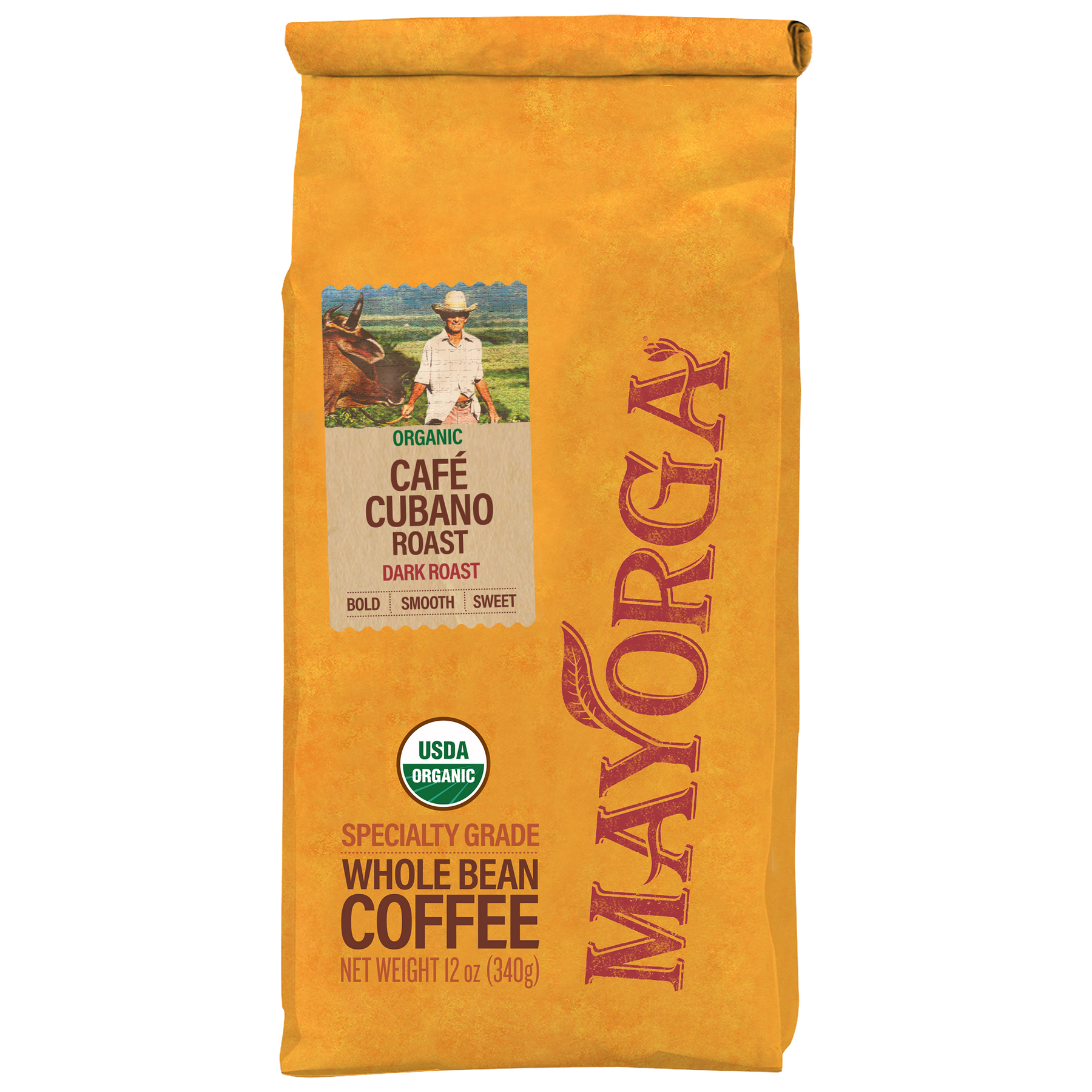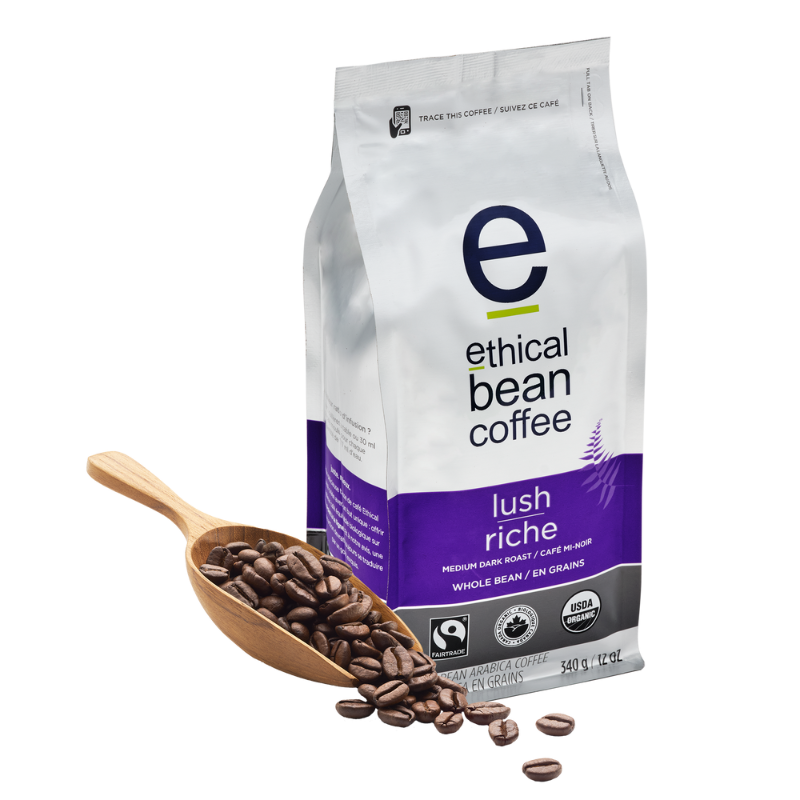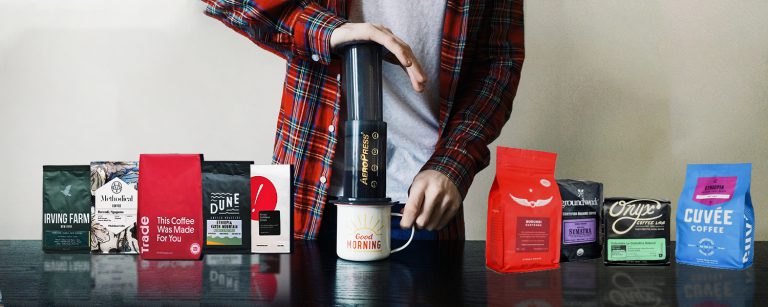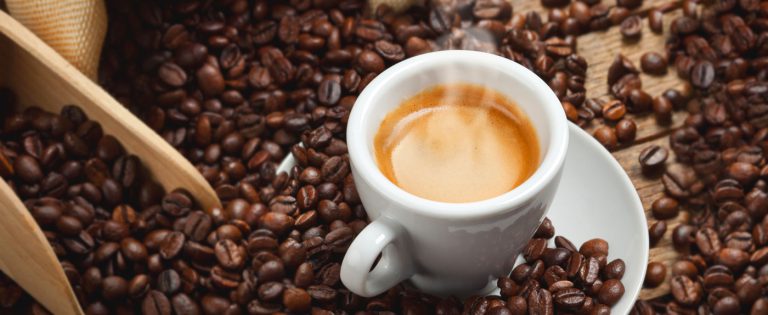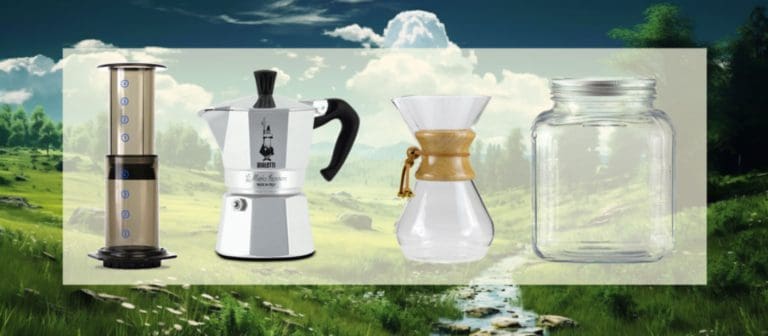8 Fair Trade Coffee Brands that Support Social and Environmental Efforts
There are tons of brands of coffee products with the Fairtrade mark, but not everyone knows Fairtrade.
How does Fair Trade work? What coffee brands support their environmental and humanitarian efforts?
I’ve spent hours putting together a list of coffee brands that are Fair Trade-certified for us to make a reasonable purchase.
What is Fair Trade coffee?
A Fair Trade coffee is a coffee brand certified through the Fairtrade International system. These coffee brands ethically source their raw products from farmers and hire workers for a fair wage. It is an international label that indicates high quality. Likewise, it symbolizes protection for growers and roasters against exploitation.
Fairtrade only certifies a coffee product if it meets the following standards:
- Promote income sustainability to the coffee farmers rather than poverty
- Embody justice, respect, transparency in connection to how the harvested coffee moves in the market
- Curtailing the damages to the environment as a result of corrupt business practices on coffee plantations.
- Display empowerment of coffee farmers as part of the success of the coffee production.
Generally, Fair Trade is a partnership between the producers and the marketers while following a standard process to produce premium quality products that promote environmental sustainability and empower fair labor practices.
Here are some more insightful Fair Trade coffee statistics and facts.
Fair Trade vs Fairtrade
Many confuse the terms “Fair Trade” and Fairtrade. According to Fairtrade America, the difference between Fair Trade and Fairtrade exists in how they respectively label organizations and products. “Fairtrade” is used to refer to Fair Trade organizations (for instance, Fairtrade America) and certifies products using the Fairtrade International system.
Fair Trade, on the other hand, refers to various things. It could refer to a movement or actual products that have undergone a fair trade or barter. The standards are a bit different.
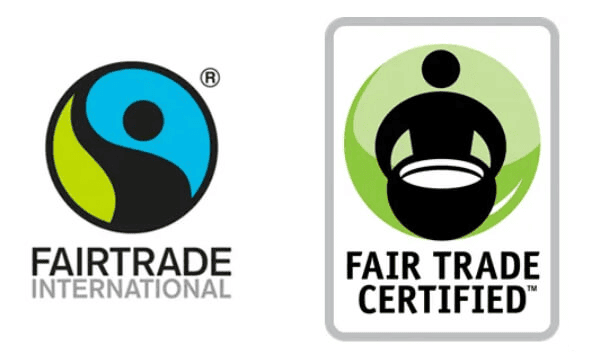
The following should help clarify the differences:
The first logo (Fairtrade International) is exclusively available to cooperatives of small coffee producers certified by Fairtrade International and by Fairtrade America (for American-based coffee roasters).
The second logo (Fair Trade Certified) is used by cooperatives and single farms regardless of size and groups of the non-landholding workers. The Fair Trade USA certified brands with this logo.
A FAIRTRADE mark is the most recognized ethical label around the world. If you see this label on organizations and products, they’ve received certification through the Fairtrade International system.
Likewise, the institution internationally recognizes quality standards that an organization offers to farmers and workers. The mark doesn’t represent the entire business, but the ingredients in a particular product that have been certified.
Things to Note:
Although Fairtrade International and Fair Trade USA have worthy stated goals, these organizations are not exempt from controversy. There are still issues to address- particularly the assurance in providing a minimum price that will economically benefit the most impoverished farmers.
Also, Fair Trade USA used to be part of the Fairtrade International but turned into an independent certifying body in order to accommodate producers that do not use the co-op model. Thus, it allowed large-scale coffee plantations to get certified in direct opposition to the original mission of fair trade.
Yet, both fair trade organizations require similar certification conditions.
Where does Fair Trade Coffee Come From?
Fair Trade coffee was first launched in the Netherlands. The certification system aims to “artificially raise” the price of coffee in the market to ensure the sufficiency of coffee growers’ wages will turn into profit.
Initially, the organization was called Max Havelaar, which was denoted from a fictional Dutch character who fought against the coffee farmers’ exploitation in the East Indies by the Dutch colonialists.
The label created specific wage standards for products. Yet, the agreement only took effect until 1989. Though the 1983 contract was extended, no new deal was established until 1992 with quotas undetermined. From 1990 to 1992, the coffee prices had fallen to an all-time low because the quotas could not be decided.
In 1997, four organizations created the Fairtrade International and continued to set Fairtrade standards, inspect coffee certification applicants, and certify them. By 2001 and 2007 agreements were established to stabilize the coffee economy and raise the living standards of coffee growers.
Our Favorite Fair Trade Coffee Brands
Here are top 3 favorites from the eight brands below:
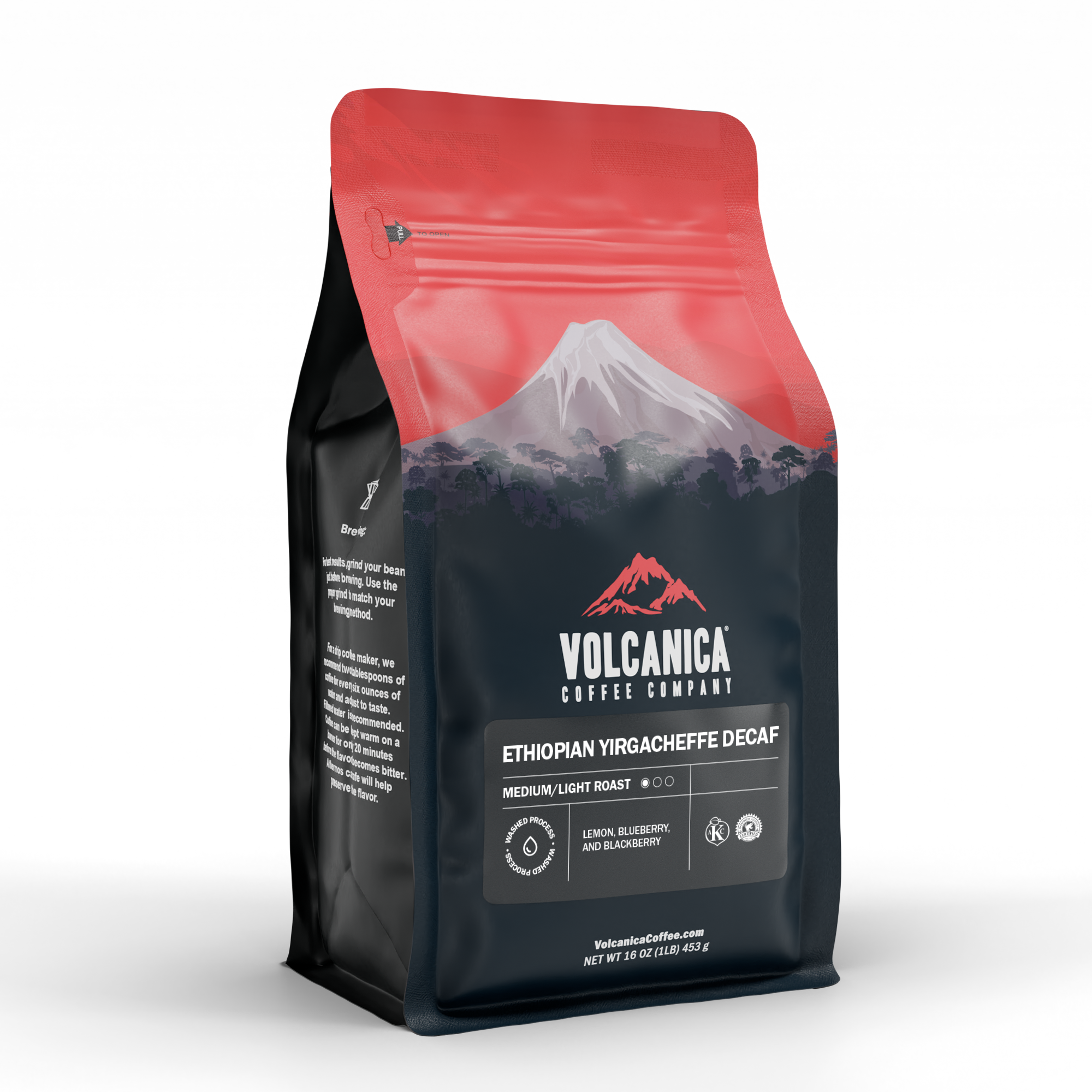
- Ethiopian decaf
- Swiss Water Process
- Lemon, blueberry, and blackberry notes

- Sourced from women-owned cooperatives
- Balanced, sweet, and chocolaty
- Medium roast
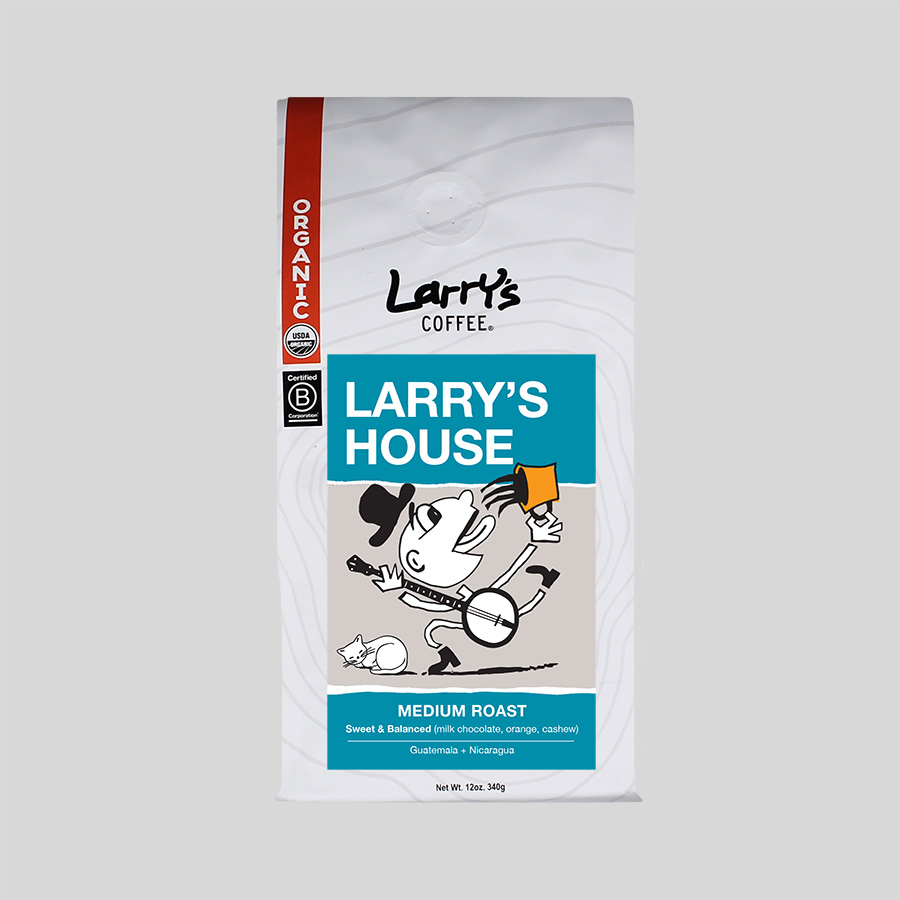
- Caramel and chocolate flavors
- Pepper and tobacco notes
- Smooth with gentle acidity and rich body
1. Volcanica
Some of the most excellent coffee by Volcanica are organic Fair Trade coffee. These Fair Trade organic coffees strictly follow the Fairtrade standards designed to support the farmers and their communities to protect the environment. The coffee farmers are given a guarantee that they’ll receive a minimum price, which acts as a safety net if the coffee price drops.
Volcanica Details:
- Location: Suwanee, GA
- Organic: YES
- Fair Trade: YES
- Bird-Friendly: NO
- Kosher: YES
- Additional Certification: Rainforest Alliance Coffee
- Must-try coffee: Ethiopian Yirgacheffe Organic Coffee
The coffee beans are cultivated from the Yirgacheffe region and bear a distinctive floral and fruity tone in every cup. It is medium-bodied with hints of cinnamon and strawberry.
The Ethiopian Yirgacheffe Decaf Coffee, grown in the Yirgacheffe region of southern Ethiopia, is known for its exotic flavor with pleasant acidity and distinctive floral and fruit tones. It is a medium-light roast, medium-bodied coffee, featuring flavor notes of lemon, blueberry, and blackberry, and is processed using the Washed Process. This single-origin decaf coffee is decaffeinated using the Swiss Water Process, a 100% chemical-free method that preserves its unique flavor characteristics and ensures it is 99.9% caffeine-free.
2. Kicking Horse Coffee
Kicking Horse Coffee is the largest Fair Trade organic coffee roaster in Canada. Their certification was granted by the Fairtrade International in which their standards aims to produce the following outcomes:
- Providing fair compensation to their workforce and products
- Give the money back to the communities, wells, roads, schools, and hospitals
- Following the standard quality for labor, with environmental waste, and empowerment of organic farming practices
- Improving social services for farmers
Kick Horse Coffee Details:
- Location: Invermere B.C.
- Organic: YES
- Fair Trade: YES
- Bird-Friendly: YES
- Kosher: YES
- Additional Certification: Rainforest Alliance Coffee
- Must-try coffee: Kicking Horse Smart Ass (Medium Roast)
A cheeky and bright medium roast, whole bean coffee originating from Africa, Central, and South America. Its aroma resembles sweet syrup, stone fruit, and fresh vanilla beans. It has a light, mild body with a bright mouthfeel. Its recognizable flavors are tart red currant and sugar cane with milk undertones.
The medium roast Smart Ass coffee beans offer a bright, chocolaty flavor with notes of tart red currant, sugar cane, milk chocolate, and a honeyed berry body.
It's best brewed using methods like French press, drip machine, pour over, espresso, and cold brew. It is sourced from Africa, Central & South America, adhering to organic, Fairtrade, Kosher, and Shade Grown standards.
3. Tiny Footprint Coffee
The Tiny Footprint sources their sustainably-grown Arabica coffee beans from small, family-owned coffee farms in top coffee regions worldwide. They also buy the best tasting coffee from small, independent coffee farmers that are non-Fair trade eligible. They roast the coffee beans in an energy-efficient German-built Probat drum. Afterward, these beans are packed in fully-biodegradable coffee bags.
Tiny Footprint Coffee Details:
- Location: Minneapolis, MN
- Organic: YES
- Fair Trade: YES
- Bird-Friendly: YES
- Kosher: YES
- Additional Certification: None that we found
- Must-try Coffee: Tiny Footprint Coffee Nicaragua Segovia (Dark Roast)
The Nicaragua Segovia dark roast of Tiny Footprint is a carbon-negative coffee. It has heavy and bold dark roast tones with hints of chocolate, bright apricot, fig, and spices.
Tiny Footprint Coffee offers a dark roast with chocolate, apricot, fig, and spice notes, and is the world's first carbon-negative coffee. The company supports reforestation in Ecuador's Mindo Cloud Forest, offsetting more CO2 than it emits in its production process. In addition to its environmental efforts, the coffee is sustainably sourced, often organic or fair-trade certified, and is crafted in a carbon-negative roastery.
4. Equal Exchange Coffee
Equal Exchange Coffee follows the model of authentic Fair Trade. This coffee roaster aims to empower small scale farmers and their families. Their environmental initiatives lean toward the Fairtrade standards. They promote sustainable and safe agricultural practices to yield at least 98% Fair Trade organic coffee beans.
Equal Exchange Coffee Details:
- Location: West Bridgewater, MA
- Organic: YES
- Fair Trade: YES
- Bird-Friendly: NO
- Kosher: YES
- Additional Certifications: None that we found
- Must-try Coffee: Equal Exchange French Roast
Equal Exchange offers a balanced medium and dark roast blend that celebrates the chocolatey richness and mild, smoky flavor.
This organic French Roast whole coffee beans offer a blend of chocolaty richness with a subtle smoky flavor. The coffee is 100% Arabica, sourced sustainably from small-scale farmer cooperatives in Latin America, Africa, and Asia, and is both USDA-certified organic and fairly traded. The coffee beans, characterized by their hints of brown sugar, brownie, and gingerbread, are roasted in a balanced medium and French roast style and are suitable for use as an ingredient.
5. Allegro Coffee
Allegro Coffee practices the Fairtrade standards by forging an excellent long-term relationship that goes beyond paying a fair price. They provide financial support and the best agricultural practices to their small-scale partner farms. Likewise, they provide opportunities for growers and producers to build a thriving community and improve their cultivation and production standards.
Allegro Coffee Details:
- Location: Boulder, Colorado
- Organic: YES
- Fair Trade: YES
- Bird-Friendly: NO
- Kosher: NO
- Additional Certification: Non-GMO Project verified, Whole Trade Guarantee
- Must-try Coffee: Cafe La Dueña (Medium Roast)
Cafe La Dueña by Allegro coffee has a balanced and sweet-toned body with hints of chocolates. It’s a specialty ground coffee sourced from cooperatives owned by women in Latin America.
Allegro Coffee Company, founded in 1977 in Boulder, Colorado, is dedicated to socially responsible and ecologically conscious practices in the specialty coffee and tea industry. The company fosters strong relationships with its farmers and producers, emphasizing fair trade and community development. Pioneering in roasting organic coffee, Allegro offers a diverse range of products, including single origins, blends, and organic options in various roast profiles, available in whole bean, ground, and decaf formats.
6. Larry’s Coffee
Larry’s Coffee is a sustainable-focused coffee roaster that builds long-term relationships with farmers. It’s the only B Corporation in our list. They source their beans through cooperatives that import Fair Trade coffee beans directly from the growers.
To ensure that farmers receive a decent profit, they visit their partner farms yearly and use third-party auditing services. To keep their carbon print at its lowest, Larry’s Coffee utilizes solar power. Their Raleigh-based roastery uses passive solar daylighting and solar-powered radiant floor heating to minimize the usage of electricity.
Likewise, the roastery uses a 10,000-gallon rainwater harvesting system to support the toilets at the facility. Best of all, they provide the community with a plant-based biodiesel pump, which can also be found at the roastery.
Larry’s Coffee Details:
- Location: Raleigh, NC
- Organic: YES
- Fair Trade: YES
- Bird-Friendly: YES
- Kosher: YES
- Additional Certifications: B Corporation
- Must-try Coffee: Larry’s House Medium Blend
Larry’s Coffee sourced their organic Coffee from Nicaragua and Guatemala. The certified coffee is sweet-toned and has a well-balanced and rich, full body with mild acidity. Its recognizable flavors are caramel and chocolate with hints of pepper and tobacco undertones.
This coffee blend has a well-rounded balance, combining soft sweetness with a hint of delicate spice and a smooth, gentle acidity with a rich body. It features flavors of caramel and chocolate, complemented by subtle notes of pepper and tobacco. The roast level is moderate, contributing to the brew's smoothness, and it leaves a long-lasting, inviting finish.
7. Mayorga Coffee Organics
Mayorga Coffee Organics prefers a direct approach to its coffee producers. This roaster visits its partner producers regularly. They support growers with information and education, including better ways of cultivating organic coffee, financing the supply chain, and shipping products more efficiently.
Mayorga Coffee Organics Details:
- Location: Rockville, MD
- Organic: YES
- Fair Trade: YES
- Bird-Friendly: NO
- Kosher: YES
- Additional Certifications: Non-GMO verified, Direct Trade
- Must-try Coffee: Mayorga Coffee Organics Cafe Cubano (Dark Roast)
Cafe Cubano is a specialty-grade sweet-toned dark roast with syrupy smokiness and a smooth, bold finish. Its distinctive flavor was extracted using their signature Latin, slow-roasting process.
The Café Cubano Roast is inspired by Martin Mayorga's childhood experiences in Nicaragua, where he was exposed to a unique, dark, syrupy coffee while interacting with Cuban cigar makers. This coffee is influenced the Mayorga family's signature Latin, slow-roasting process. The result is a Cuban-style coffee blend, using beans from Peru, Honduras, or Nicaragua, characterized by a bold, sweet flavor and a smooth finish.
8. Ethical Bean Coffee
Ethical Bean Coffee guarantees that all of their coffee blends are 100% Fairtrade-certified. Since 2003, Ethical Coffee has been an advocate of Fairtrade to ensure that growers receive a decent profit enough to sustain their coffee production. On the other hand, their producers also receive the Fairtrade premiums to help them invest in health care, schools, the environment, and other essential matters they wish to support.
Ethical Bean Coffee Details:
- Location: Vancouver, BC
- Organic: YES
- Fair Trade: YES
- Bird-Friendly: NO
- Kosher: NO
- Additional Certifications: None that we found
- Must-try Coffee: Ethical Bean Lush (Dark Medium Roast)
Any richer and you’d ask it for a loan. A heavy cup with Burgundian fullness, alive with fruit, smoke, and earth notes.
Fair Trade Wrap Up
Support is an empowering word. If there’s one thing you can give to another person to make a difference, it is support. To empower small coffee farmers who take care of the environment while cultivating organic, shade-grown coffee, you can also support them by purchasing their products. To show your support, we highly recommend you consider buying products that have the “Fair Trade” label. You’ll contribute to ensuring that the farmers get a fair wage.
Are Fairtrade certified coffee products sold in your local store? What’s your favorite Fairtrade coffee brand? Please share with us your Fairtrade coffee thoughts at the comments below.
